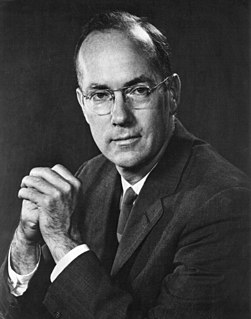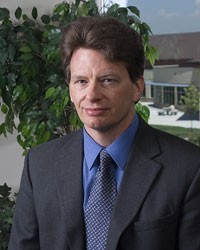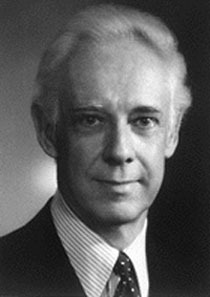A Quote by Charles H. Townes
The imposing edifice of science provides a challenging view of what can be achieved by the accumulation of many small efforts in a steady objective and dedicated search for truth.
Related Quotes
Pick the topic you like: the Middle East, international terrorism, Central America, whatever it is - the picture of the world that's presented to the public has only the remotest relation to reality. The truth of the matter is buried under edifice after edifice of lies upon lies. It's all been a marvelous success from the point of view in deterring the threat of democracy, achieved under conditions of freedom, which is extremely interesting. It's not like a totalitarian state, where it's done by force. These achievements are under conditions of freedom.
Without a thorough and deeply rooted understanding of the biblical view of truth as revealed, objective, absolute, universal, eternally engaging, antithetical and exclusive, unified and systematic, and as an end in itself, the Christian response to postmodernism will be muted by the surrounding culture or will make illicit compromises with the truth-impoverished spirit of the age. The good news is that truth is still truth, that it provides a backbone for witness and ministry in postmodern times, and that God's truth will never fail.
If science proves some belief of Buddhism wrong, then Buddhism will have to change. In my view, science and Buddhism share a search for the truth and for understanding reality. By learning from science about aspects of reality where its understanding may be more advanced, I believe that Buddhism enriches its own worldview.
The capacity to tolerate complexity and welcome contradiction, not the need for simplicity and certainty, is the attribute of an explorer. Centuries ago, when some people suspended their search for absolute truth and began instead to ask how things worked, modern science was born. Curiously, it was by abandoning the search for absolute truth that science began to make progress, opening the material universe to human exploration.
Remember that an artist's life is an intense search for truth. This search takes many forms. Everyone of these forms demands its own disciplines. I learned and adapted to my search. I expect nothing from you. Question the truth of anything you confront. How does it apply to yourself and the trail you are pursuing?
We find that one of the most rewarding features of being scientists these days ... is the common bond which the search for truth provides to scholars of many tongues and many heritages. In the long run, that spirit will inevitably have a constructive effect on the benefits which man can derive from knowledge of himself and his environment.
The problem is one of opposition between subjective and objective points of view. There is a tendency to seek an objective account of everything before admitting its reality. But often what appears to a more subjective point of view cannot be accounted for in this way. So either the objective conception of the world is incomplete, or the subjective involves illusions that should be rejected.




































